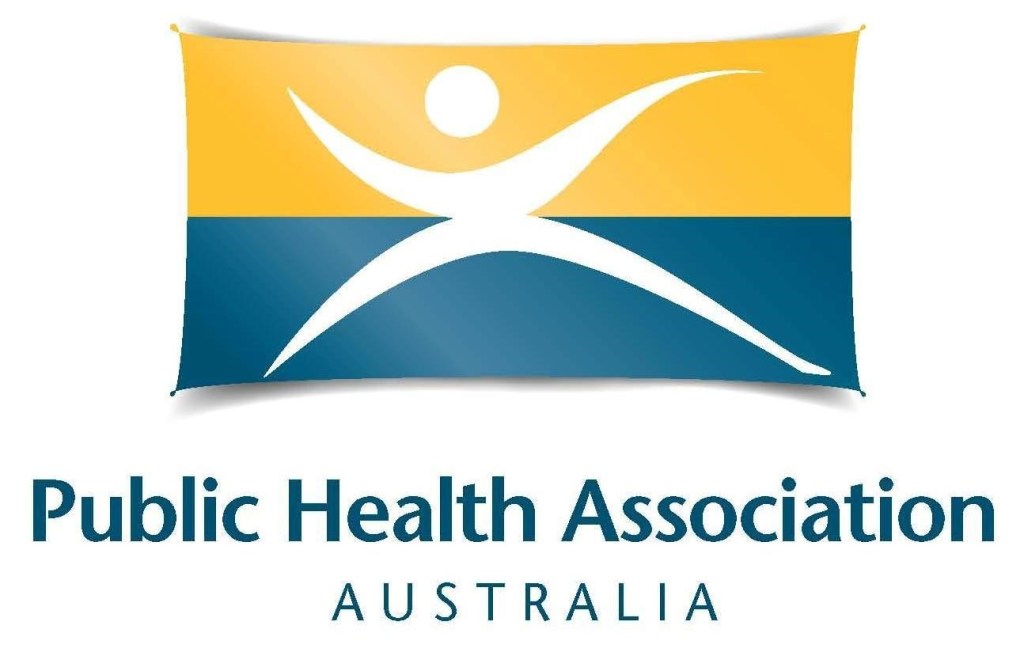Dr Stephen Carbone, PHAA Mental Health Special Interest Group co-convenor
It has famously been said that there’s no health without mental health, so it’s wonderful to see the National Preventive Health Strategy include a specific focus on promoting and protecting mental health. But success in preventive mental health requires us to get two things right – the language and the approach.
The ’language’ of mental health can be confusing for those working outside the field, as different groups often use different words for the same concepts. For example, the World Health Organization defines mental health as “a state of mental well-being that enables people to cope with the stresses of life, realize their abilities, learn well and work well, and contribute to their community.” Yet for many Australians, mental health refers to conditions like depression or anxiety disorders, rather than a state of wellbeing.
It’s perhaps helpful to think of mental health as an umbrella term for the spectrum of human psychosocial experiences, with two broad dimensions – a state of mental wellbeing, and a state of mental ill-health. This terminology change is important, because it paves the way for a new approach to mental health policy. From this perspective, mental health policy is not just about supporting people experiencing serious mental health difficulties – critical though this is – it’s also about promoting the mental wellbeing of the entire community, and preventing avoidable mental health conditions.
That’s where a public health approach comes into play. Mental health conditions are not inevitable. While they do have a genetic and biological basis, they also have a considerable environmental basis. Each condition results from the complex interaction of a range of biological, psychological, social, economic and broader environmental risk and protective factors. Many of these factors are malleable to change.
As the National Preventive Health Strategy notes, several protective factors have a positive influence on our mental wellbeing. A recent study published in the Australian and New Zealand Journal of Public Health found an association between health behaviours like physical activity, a high-quality diet, not smoking, limited alcohol intake, and quality sleep and mental health in young adolescents. Other studies have found a relationship between mental health and positive parental mental health, secure attachment between child and parent/caregiver, positive family functioning; supportive school and work environments; social support and strong social relationships; participation in the arts; and access and use of green and blue spaces. Increasing these factors has the potential to boost people’s mental wellbeing and lower their risk of mental ill-health. In many cases, they can also improve our physical health.
Likewise, there are various risk factors that exert a negative influence on our mental wellbeing. Child abuse and neglect, intimate partner violence and bullying are all major causes of mental ill-health, but they are also preventable. Loneliness, racism, homophobia and transphobia, and social disadvantage are strongly associated with low mental wellbeing and mental ill-health.
While the public health community has not traditionally been a major player in the mental health field, the National Preventive Health Strategy, if enacted and funded, provides a great opportunity to contribute our skills. Mental health promotion and preventive mental health are exciting new fields of public health practice, and the public health community has much to offer those working on these issues from within the mental health field. The time for collaboration is ripe!
Dr Stephen Carbone is a co-convenor of the PHAA Mental Health Special Interest Group (SIG), and CEO of Prevention United.


Leave a Reply